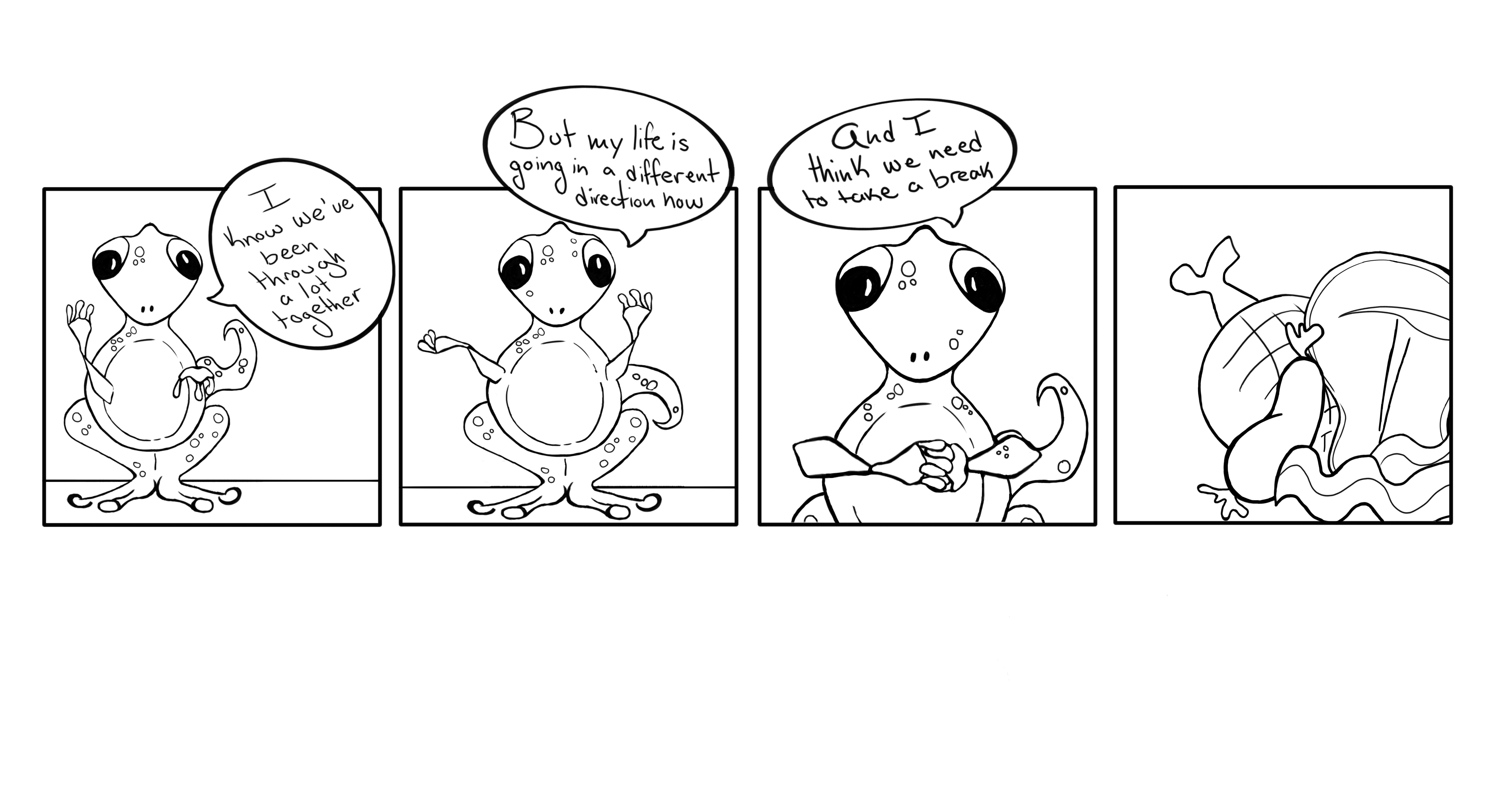This week, CBC News reported that humans should limit their red meat intake to “one hamburger a week, but no more,” in order to preserve the planet and keep their bodies running at optimal levels. This isn’t a new idea, and for some — such as people in Germany whose meals centre on meat, or those who grew up with “meat and potatoes” dinners — this change would be a challenge. But is it necessary?
If we look at it from the viewpoint of preserving the planet, yes, it is. According to the Guardian, vegetables require 322 litres of water per kilogram during production, and fruit uses 962 l/kg, where chicken uses 4,325 l/kg, pork uses 5,988 l/kg, and beef uses a staggering 15,415 l/kg. However, nuts were also a high offender, using 9,063 l/kg. Given the Earth’s dwindling water supply, this is a bit alarming.
Then again, livestock farming is causing a massive increase in water pollution due to runoff from the livestock themselves, metals, and pollutants such as hormones, antibiotics, and feed additives into nearby streams. This water pollution has numerous side effects: weeds and insects may die off, impacting further up the food chain; algae blooms from excessive nutrients in fertilizers suffocate lakes and ponds, killing the fish and insects in them; the antibiotics in the water may raise bacterial resistance to them, causing problems when we need them for illness.
What about from a health perspective? According to Global News, the International Agency for Research on Cancer (IARC) — a branch of the World Health Organization (WHO) — reported that processed and red meats are extremely detrimental to our health. Red meat has been classified as Group 1: “carcinogenic to humans.” If a person eats 50 g of processed meats a day — hot dogs, deli meats, ham, sausages — their risk of developing colon cancer rises by 18 per cent.
These findings are, in not so many words, frightening. But for someone like me, this isn’t a problem. I love a good steak once in a while, and I could eat salami until it comes out of my eyes. But does meat like me? No, no it does not. Over the past 10 years, I’ve slowly gathered information on the foods that cause my body grief. The list is long and depressing. Most meats, all dairy, eggs, and anything with caffeine leave me feeling like someone has ripped my stomach open and dropped burning embers into it (among other unsavory side effects). So, cutting meat from my diet? Definitely not a problem.
Obviously saying arrivederci to red and processed meat won’t be as easy for some, and others may choose not to eliminate meat from their diet at all for a number of reasons. It’s easy for me because of the effect it has on my body. For someone who doesn’t react badly to meat — and enjoys it several times a week — cutting meat out may sound absurd.
But it doesn’t have to be. I’ve been vegetarian on and off for about 10 years, and I’ll tell you now there are a ton of cool substitutes for meat kickin’ around the grocery store. If the fake meats don’t give you weird vibes, use those — they’re nearly indiscernible from the real stuff. If you aren’t down for that, chickpeas are weirdly versatile. You can sub them for flaked tuna and ground beef, and they’re amazing fried with onions, peppers, and spices.
To bring it back around, yes, cutting red and processed meat from your diet is good for both you and the planet. So, if anyone reading this wants to challenge themselves to cut meat out and needs help, I have a bumpin’ bean burger recipe. Hit me up.
Image: Elyssa English/The Cascade


